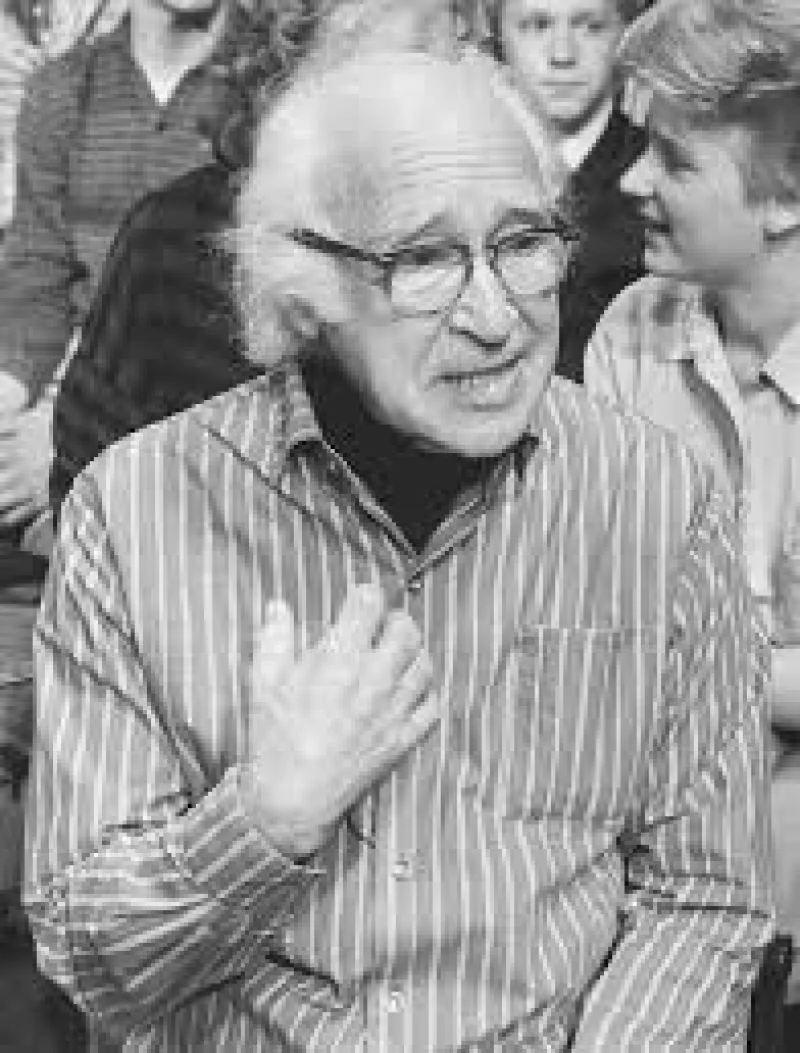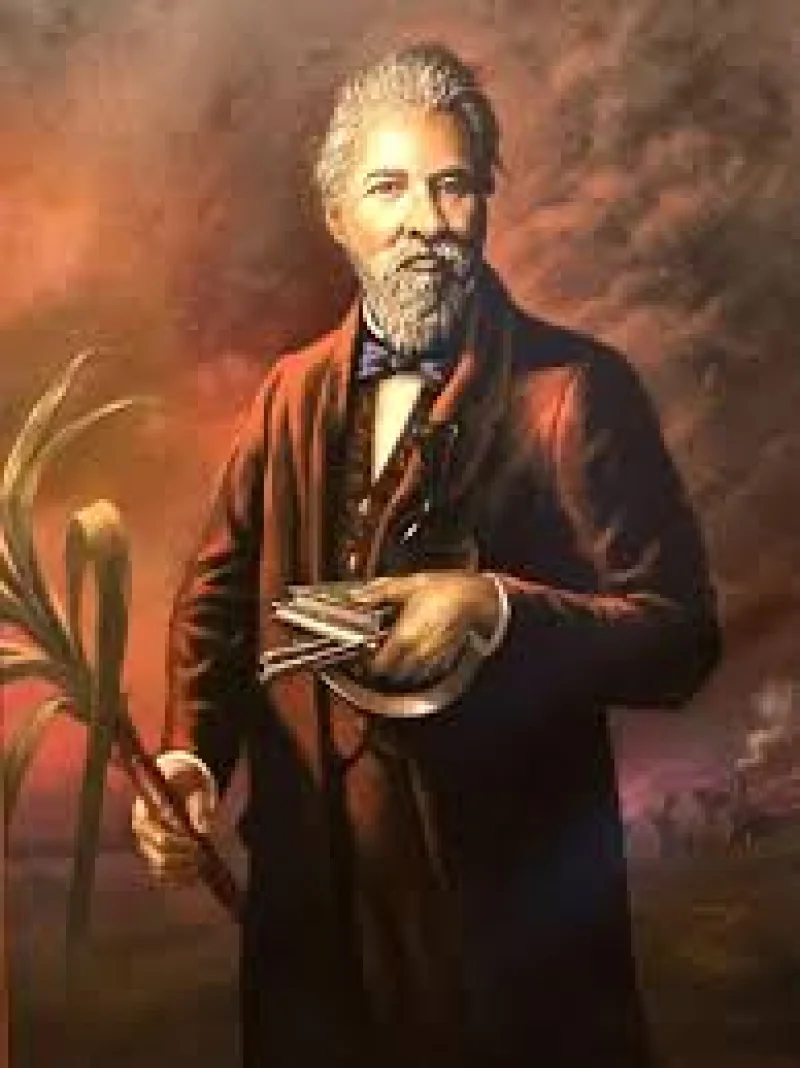Short Summary
Alexander von Humboldt was a renowned Prussian polymath, geographer, naturalist, and explorer who lived during the late 18th and early 19th centuries. He is best known for his extensive explorations in Latin America and his detailed scientific observations that laid the foundation for modern biogeography and ecology. Humboldt's work significantly influenced the scientific community and inspired future generations of scientists and explorers.
Early Life & Education
Born on September 14, 1769, in Berlin, Alexander von Humboldt was the younger son of a Prussian noble family. His father, Alexander Georg von Humboldt, served as a military officer, while his mother, Maria Elizabeth Colomb, was of Huguenot descent. Humboldt received a comprehensive education, studying at the Universities of Frankfurt, Göttingen, and the Mining Academy in Freiberg. During his formative years, he was deeply influenced by Enlightenment ideas and the scientific works of figures such as Carl Linnaeus and Johann Reinhold Forster. His early education instilled in him a lasting passion for the natural world and scientific inquiry.
Career Highlights
Humboldt embarked on his most famous expedition in 1799, traveling extensively throughout Latin America for five years. During this time, he conducted groundbreaking research on the diverse ecosystems and geography of the region. His observations and experiments led to the publication of his seminal work, "Kosmos," which sought to unify various scientific disciplines. Humboldt's career was marked by his innovative approach to scientific exploration, as he systematically collected and analyzed data from different fields, including botany, zoology, and meteorology. His interdisciplinary methods greatly advanced the study of natural sciences.
Major Achievements
- Exploration of Latin America: Conducted detailed scientific studies in South America and Mexico, contributing to various scientific fields.
- Publication of "Kosmos": A comprehensive work that aimed to unify different branches of science, influencing future scientific thought.
- Contributions to Biogeography: Developed concepts that laid the foundation for modern ecological and geographical studies.
- Inspiration for Future Scientists: Influenced notable figures such as Charles Darwin and Henry David Thoreau.
Famous Quotes
- "The most dangerous worldview is the worldview of those who have not viewed the world."
- "Nature is a living whole, greater than the sum of its parts."
Interesting Facts
- He traveled over 6,000 miles in Latin America, often in challenging conditions.
- Humboldt was among the first to propose that lands bordering the Atlantic Ocean were once joined.
- He was fluent in multiple languages, including German, French, Spanish, and English.
- Upon returning to Europe, he became a celebrated figure in intellectual circles.
Legacy / Influence
Humboldt's legacy endures through his contributions to the understanding of the natural world and his holistic approach to scientific inquiry. His interdisciplinary methods and emphasis on empirical observation influenced the development of modern ecology and environmental science. Humboldt's work inspired a generation of scientists and explorers, and his ideas continue to be relevant in contemporary scientific research and environmental conservation efforts.
FAQ
Q: Why is Alexander von Humboldt famous?
A: He is famous for his extensive explorations in Latin America and his contributions to natural sciences, particularly biogeography and ecology.
Q: What were Humboldt's main contributions to science?
A: His main contributions include pioneering studies in biogeography, the publication of "Kosmos," and his influence on future scientists.
Q: How did Humboldt influence Charles Darwin?
A: Darwin was inspired by Humboldt's work and his approach to scientific exploration, which influenced Darwin's own research and writings.













